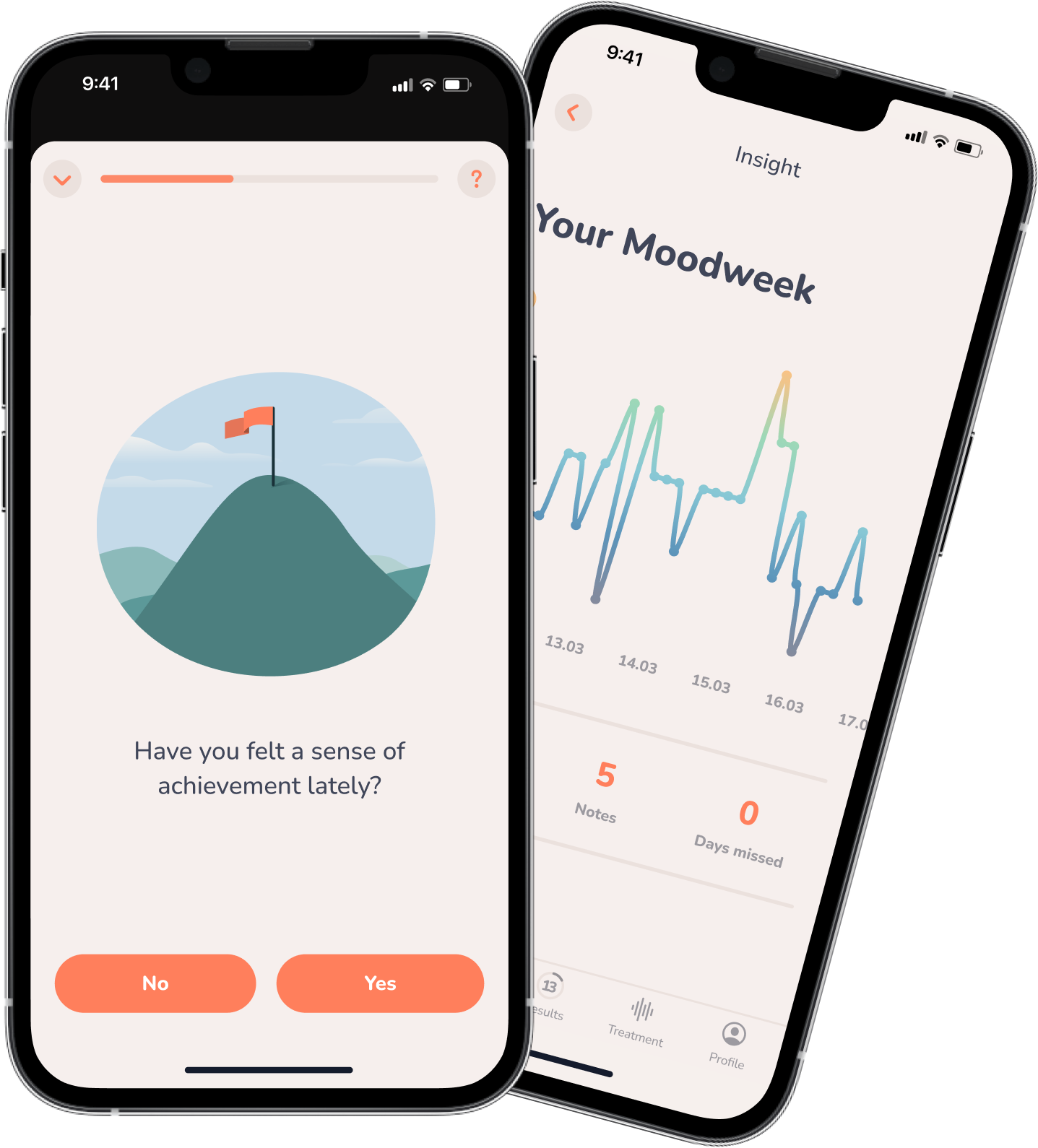Insight
“Why Don’t You Just Man Up?” – It’s Time To Debunk Myths About Depression In Men
The menacing prejudice shared by many: “Depression is a women’s disease.” So, how do we think about depression when it concerns men?
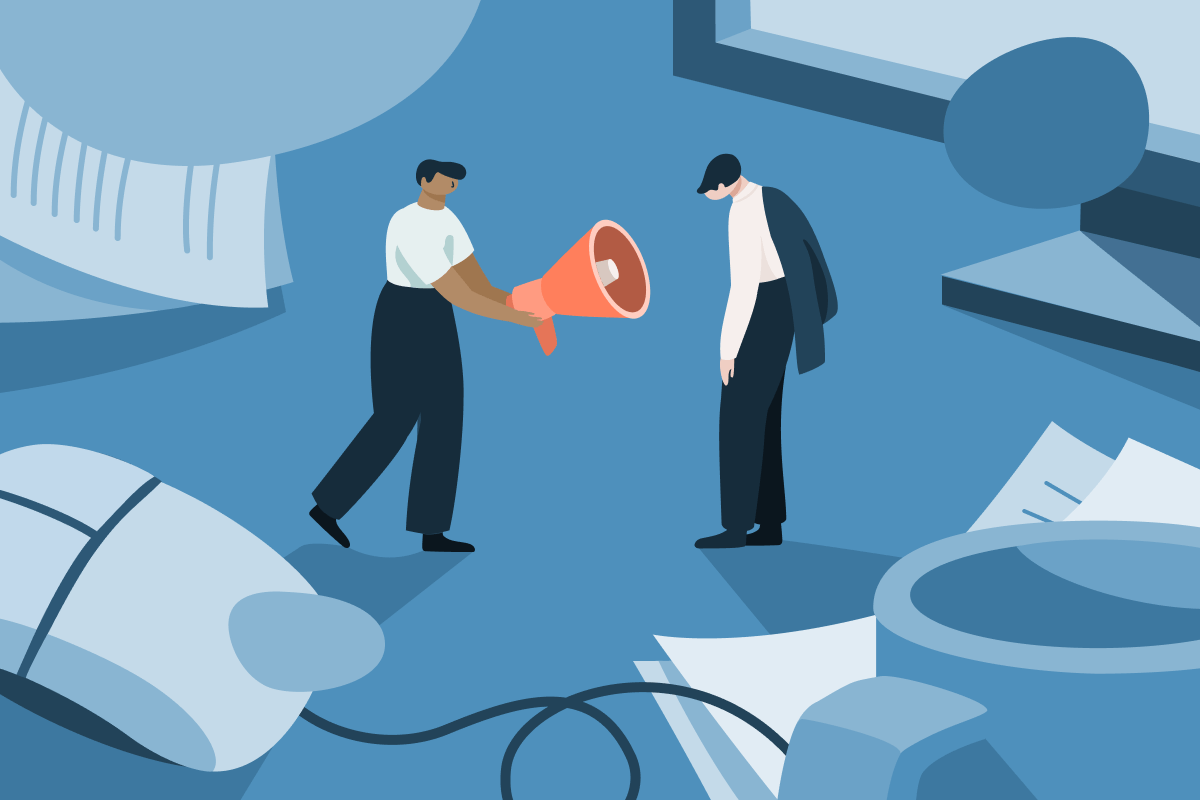
The results are in: Depression seems to be predominantly female. Women are treated for depression twice as often as men. Usually, people picture a crying woman, when thinking of depression. However, women don’t dominate every aspect of depression: Men take their own lives twice as often. Research has shown that roughly 70% of all suicides can be traced back to depression. Thus, one thing becomes undeniably clear – we are in dire need of awareness and action when it comes to male depression.
Hormones and Stress – The Biology of Depression
Fact: On a pure biological level, women carry a higher risk for depression. The fluctuation in hormonal levels is a central risk factor for depressive symptoms. Additionally, the so-called “postpartum depression” (typically known as the baby blues) affects 10 – 20% of all women after giving birth and it seems to be connected to high stress and abrupt hormonal changes. Still, biological factors can’t account for a twice as high risk of depression for women. There’s more to the story.
Rules, Roles, and Expectations – Society and Depression
So, the rest is culture? – The answer is unknown, and the debate is sticky. But here goes the attempt for some common ground:
During our childhood (and long after that), boys and girls internalize different behavioral patterns which are taught and expected of them. They can be taught explicitly, for example: “Stop crying, Jacob. Boys don’t cry!”, or implicitly, meaning that although you’re not aware of having learned this, for example, you’ve experienced more parental acceptance of a crying sister than of a crying brother. Before you know it, you learn to perceive this as an invisible rule: “Boys don’t cry.”
Compared to previous generations, these perceived differences are decreasing over time. However, showing vulnerability, for example, is still seen as a “girly trait” by the vast majority of society. Boys, on the other hand, often feel they are expected to prove how tough and fearless they can be.
Connecting the Dots – Gender and Depression
There is no doubt that these stereotypes have a huge impact on our self-evaluations and evaluations of others. One could argue that because vulnerability, weakness, and self-doubts are often seen as “girly traits”, depression is more accepted in women.
On the other hand, the image of a strong man, defined by fearlessness and his ability to have everything under control, persists in the heads of many. And although this may be true for some men, it puts an unwanted stamp on many others. Men struggling with symptoms of depression, such as a depressed mood, self-doubts, low self-esteem, or guilt, are deemed “unmanly” by some and often even by themselves, further increasing the feelings of guilt.
“Suck It Up” vs. “Poor Little Thing”– The Tyranny of Stereotypes
Because depression is seen more as a female disorder, it becomes easier for women to approach it as such. Many men affected by depressive symptoms aren’t even aware that they are struggling with a clinical disorder that must be taken seriously. They might try to ignore or downplay their struggles and hide their vulnerability.
Additionally, the way in which men and women seek help is different: Women seek help more quickly and in earlier stages of depression. Men, on the other hand, tend to go to the doctor once the burden has become nearly unbearable, in an exhausting attempt to “just pull themselves together”.
Disguised Depression – The Challenge of Detecting Depression
As a result of these differences, depression in men is, most likely, vastly underdiagnosed. Interestingly, the more severe a depressive episode becomes, the closer the numbers of diagnoses for men and women become! This hints towards the idea that men don’t necessarily have depression less often, but rather, that they speak up less often. It seems, the expectations we put on men to be indestructible are, themselves, extremely destructive. And they end up dominating even the most important aspects of life such as well-being and mental health.
This stereotype doesn’t only take its toll on the men who are struggling with depression – it also can make it harder for doctors and psychotherapists to detect it. When visiting the family doctor, a place where most seek help for the first time, men often describe physical symptoms such as fatigue, insomnia, a lack of concentration, backpain, headaches, or sexual difficulties. This, in turn, makes doctors gravitate towards body-related, physical diagnoses. Even addiction could be a consequence of an underlying depression. Men, more often than women, turn to alcohol or drugs as a way to cope with the mental challenges.
Apples and Oranges? – “Male Depression” Might Be a Unique Phenomenon
In recent years, a discussion has arisen in the scientific field, concerning a possible distinction between a so-called “male depression” and the standard depression.
Whilst promoting a depression prevention program in the 90s, the psychiatrist Wolfgang Rutz was able to decrease suicide rates, for women, by 90%. However, to their surprise, the suicide rate for men had not improved. Thereupon, he and his team developed a screening tool intended to specifically detect depression in men, based on the idea of a “male depression” – a term he coined in the process. Next to classic depression criteria, additional risk factors were added for suicide, such as social withdrawal, low impulse control, antisocial behavior, and aggressiveness. As a result, the extended screening tool was able to better detect depression and reduce the number of suicides in men.
Same disorder, different behaviors
To fulfill the necessary criteria for a depression diagnosis, one must exhibit a certain combination of depressive symptoms. The classical symptoms of depression can affect men and women alike, but the same diagnosis can express itself very differently for every person.
In line with the idea that men are underdiagnosed, some are calling for an extension of the symptom catalogue, to include male-specific depression symptoms, in the hope of better detecting depression in men. Identifying these possible differences hopefully will help to break down a very uniform notion we have of a very mixed disorder.
In addition to the classical depressive symptoms, some might exhibit: Irritability, aggressive and defensive reactions, social withdrawal. Some might judge themselves more harshly, criticizing their own every move. Grief and emotional fatigue are hidden even from intimate relationships. Some experience more back pains and headaches. While women tend to internalize their sadness, men tend to externalize it. So, those affected by depression could have a harder time controlling their impulses, and their stress-limit is reached far more easily.
Men, more often than women, reach for the bottle, smoke, or lean towards excessive working hours or sports. This self-destructive behavior can, in extreme cases, lead to suicide. For women the rate of attempted suicide is higher. But men choose the more severe forms of suicide attempts, so that committed suicide rates are twice as high in men.
Let’s talk about male depression – Breaking taboos
The more you think about it, the more you realize: It’s not the depression, but the statistics that are female. All of us must become more attentive to what is going on behind the scenes.
Finally, this topic must become more transparent. Moving past the taboo zone, detecting the disorder earlier, and preventing the alarming suicide rates should be at the top of our to-do list. A campaign in Australia, called “man up” encourages men to cry when they feel down and speak up when something is wrong.
Man Up Campaign Ad (Watch on YouTube)
We need more of this kind of thinking. A continuous suppression of own emotions and desires is not only extremely harmful – it’s unnecessary. Together we can attempt to change our perception of what depression actually looks like and with it, change our strict expectations of what “being a man” means.
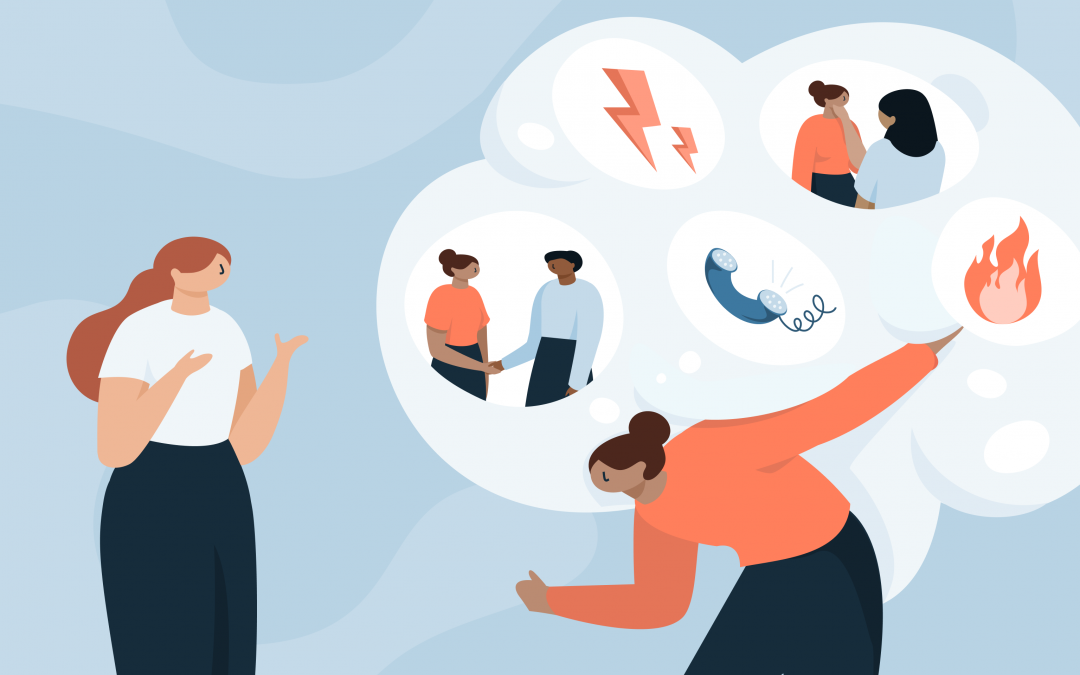
People-Pleasing — When the Fear of Rejection Becomes a Trap
Are you a person who places a high value on kindness, consideration and helpfulness? Or … maybe you tend toward what’s called “people-pleasing”?
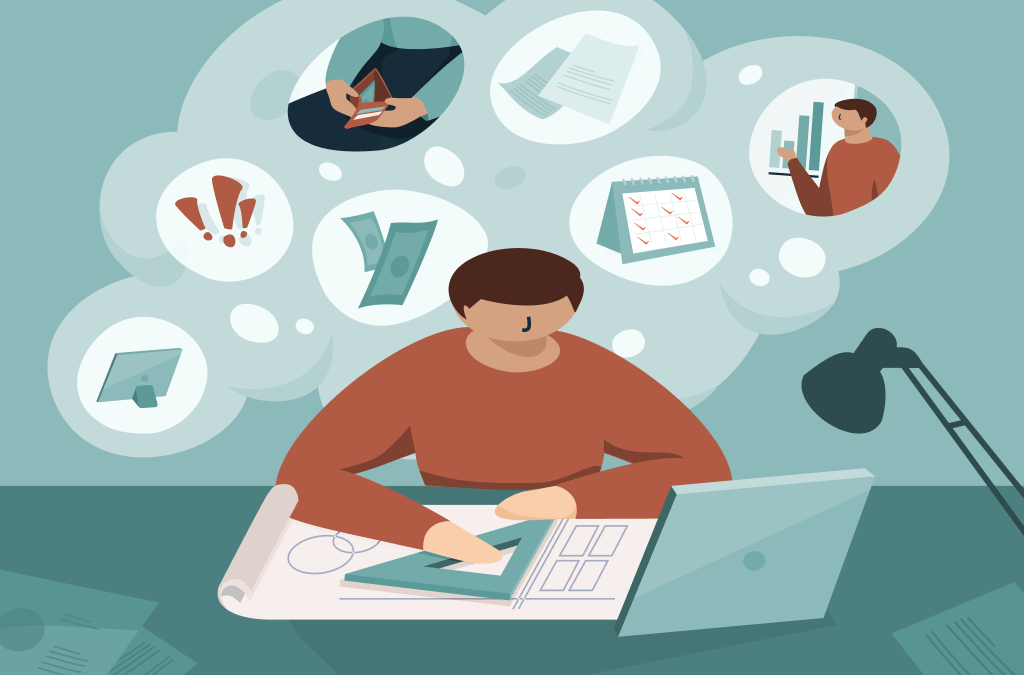
Psychological Needs in the Workplace: How to Meet Them
Deadlines, conflicts, pressure to perform—many people grapple with stressors at work. The extent to which these weigh on someone depends in large part on whether psychological needs are being met at work.
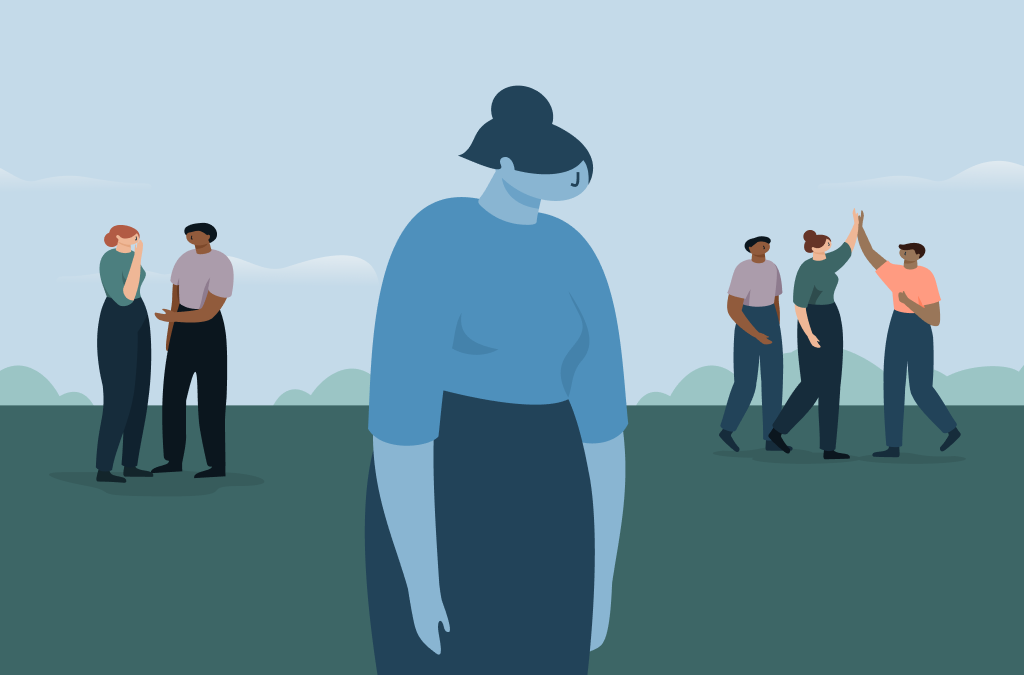
High-Functioning Depression: The Hidden Suffering
When people think of depression, usually intense sadness, low energy, social withdrawal, difficulty getting out of bed, and managing daily life come to mind. But this is not always the case.
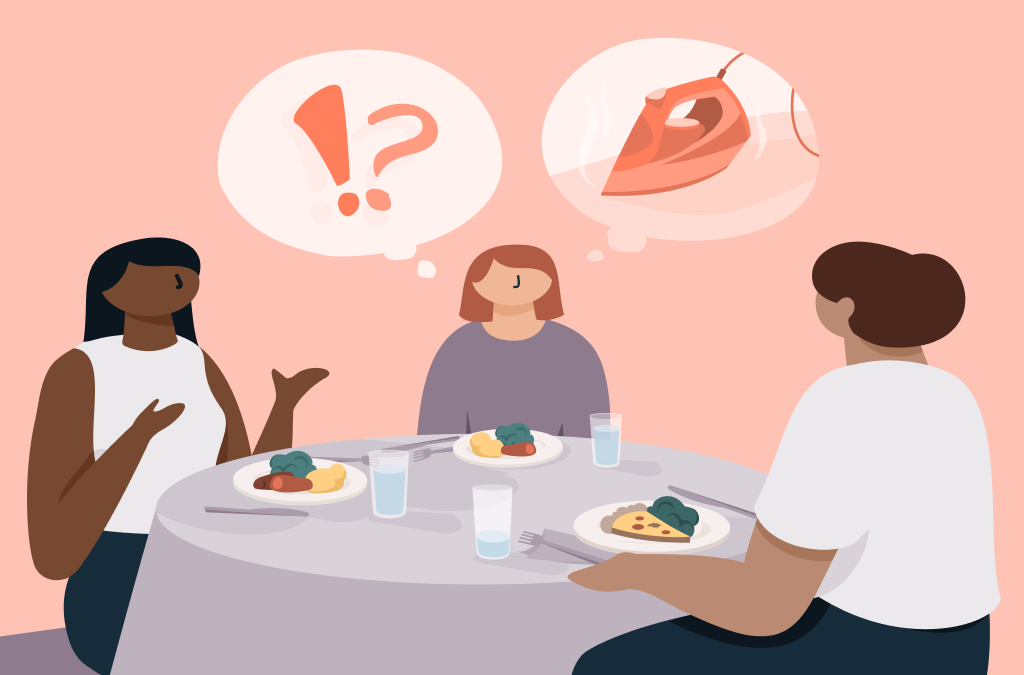
Obsessive-Compulsive Disorder: When Thoughts and Actions Become Torture
In this article, we explore what characterizes such thoughts and behaviors as well as how they can be treated.



